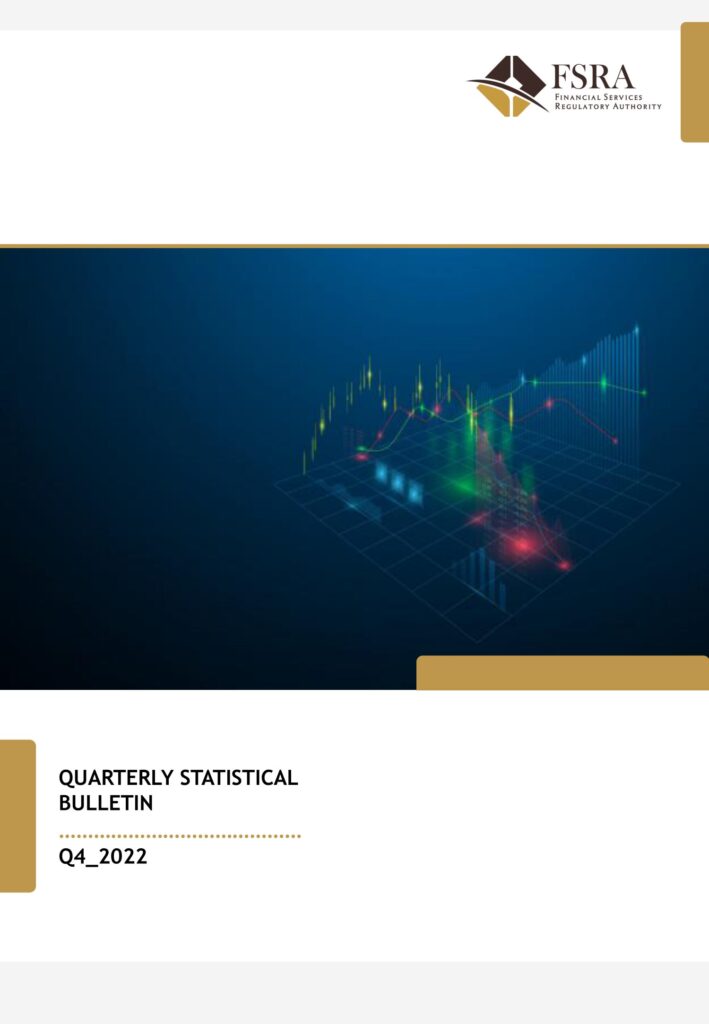
By Ntokozo Nkambule
The Financial Services Regulatory Authority’s Chief Executive Officer (CEO) Ncamiso Ntshalintshali says high-interest rates, inflationary challenges, and global economic pressures have led to emaSwati relying on loans and credit advances to cope with the high standard of living.
The CEO disclosed this in FSRA’s recently published Quarterly Statistical Bulletin Q4 2022.
“As this persists, we note a reliance on loans and credit advances by consumers and a decline in member savings amongst the savings and credit co-operatives societies as disposable income continue to be under pressure as consumers adjust to the changes in the standard of living.”
The FSRA Quarterly Statistical Bulletin is compiled to provide consolidated statistics and analysis relating to the quarterly performance of non-banking financial Institutions and the trends observed by the Authority in the sector’s performance.

The Report is based on the regulatory returns submitted to the FSRA by the licensed entities and on the supervisory and enforcement work conducted by the FSRA. The quality and depth of analysis depends on the accuracy and quality of the data submitted by the entities.
In his remarks, Ntshalinshali urged consumers to be more financially responsible.
“Financial services consumers are implored to apply sound financial decisions as they transact in the financial services sector. In this period, we have also observed a rise in investment fraud schemes perpetrated through social media platforms.”
The Bulletin reveals that debt extended by credit institutions and money lenders to households showed a slight growth of 0.5% quarter on quarter and 13.15 year on year.
The FSRA underscores that the growth year on year has reached E3 billion from E2.7 billion in the previous quarter and has been mostly driven by long-term loans and advances.
Moreover, the regulatory authority notes that loan advances by Building Societies were on the rise in the quarter under review.
“As of December 2022, loan advances saw another increase of 5.7% quarter on quarter and 31.8% on year to E2.3 billion, indicating an increase in loan facilities and the book balance. This has highlighted that more people are taking out loans to facilitate different activities, which include but are not limited to home loans, personal loans, and more.”
Even though consumers are cash-strapped and applying for credit advances, it appears that most of them aren’t defaulting. Building Societies have reported that non-performing loans are on the decline.
“As of last quarter, non-performing loans were at 14.9%, as of the current quarter they are at 13.3% showing a 1.56 percentage points decline. This indicates that more people are no longer defaulting on their loans and making repayments, reflecting a positive overall outcome on society’s liabilities and loan books.”

SACCOs have also indicated that loan defaults are minimal, with only 0.7% of loans being doubtful.
“Performing loans accounted for 91.8% of the total loans, which meant that a majority of the members are paying back their loans and pose no risk, 2.6% are however on the watch list but pose no real risk, 3.1% are substandard but are on the risk list, 0.7% are doubtful and might not be able to pay back the loans, and the sector has accounted for a 1.3% loss, as some members may not be able to repay their loans.”
7 thoughts on “Consumers Relying On Loans & Credit Advances To Cope With Standard of Living”
Comments are closed.